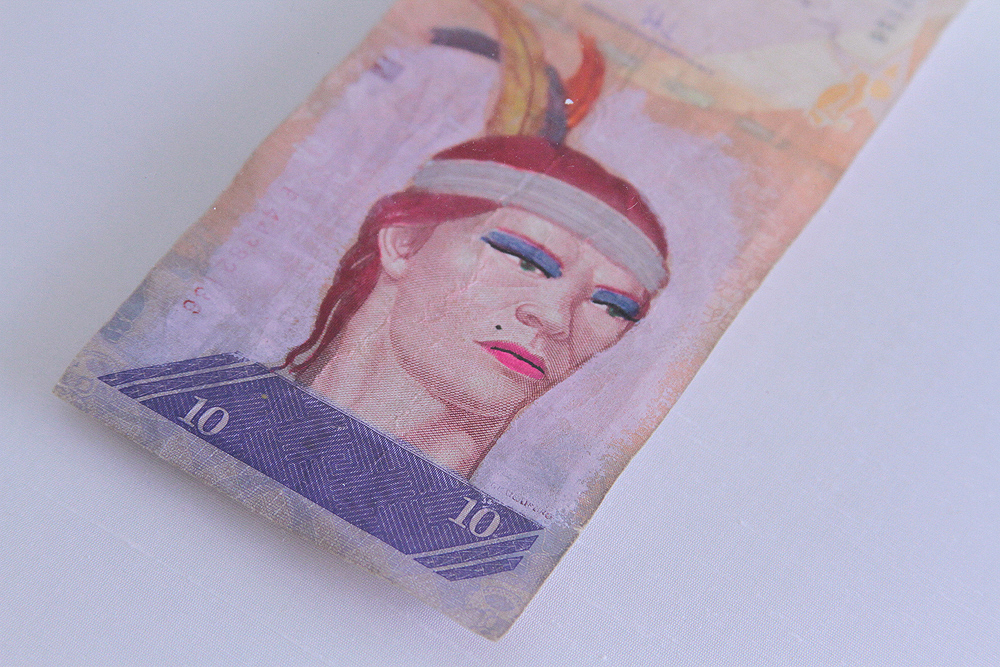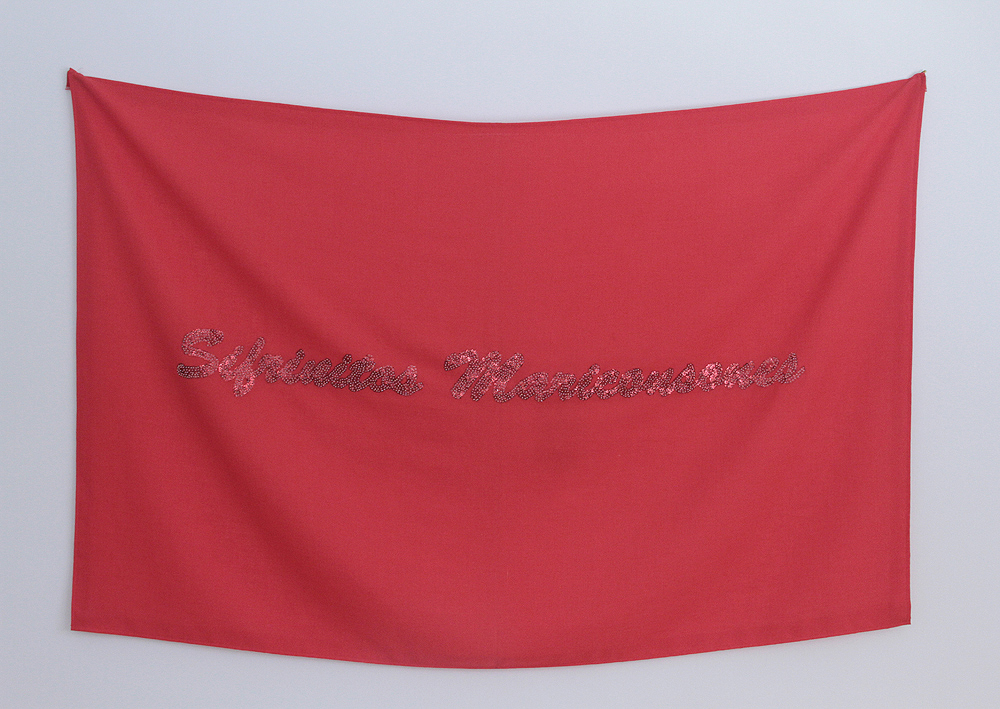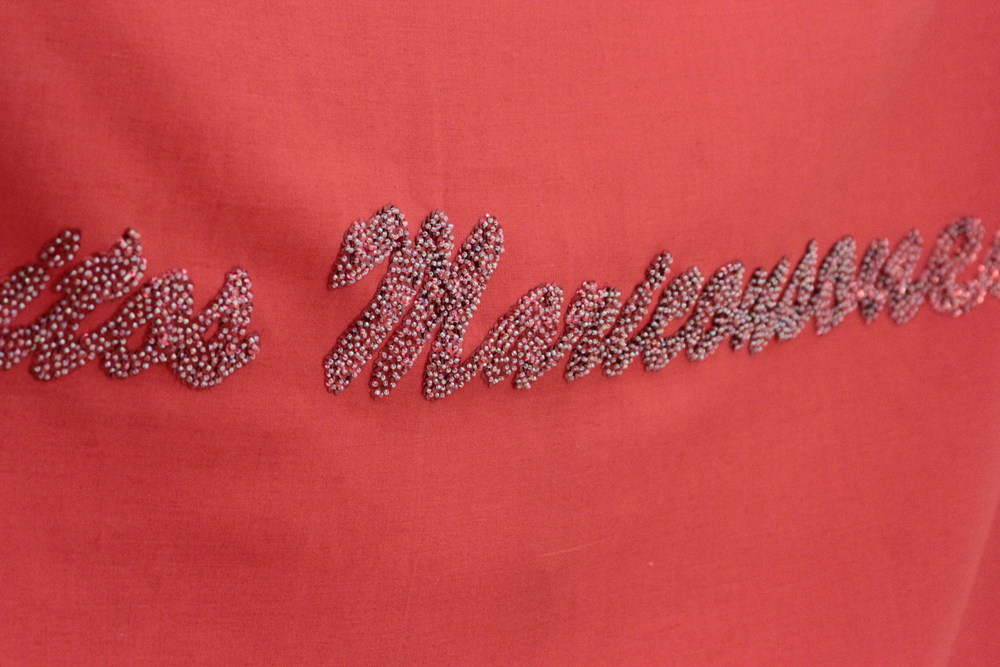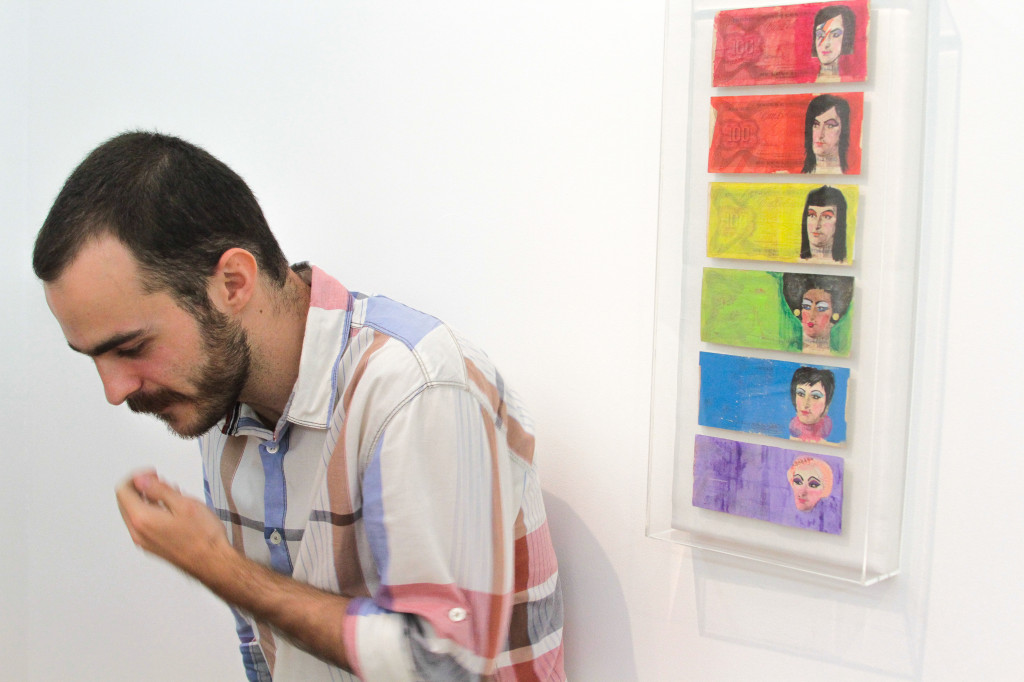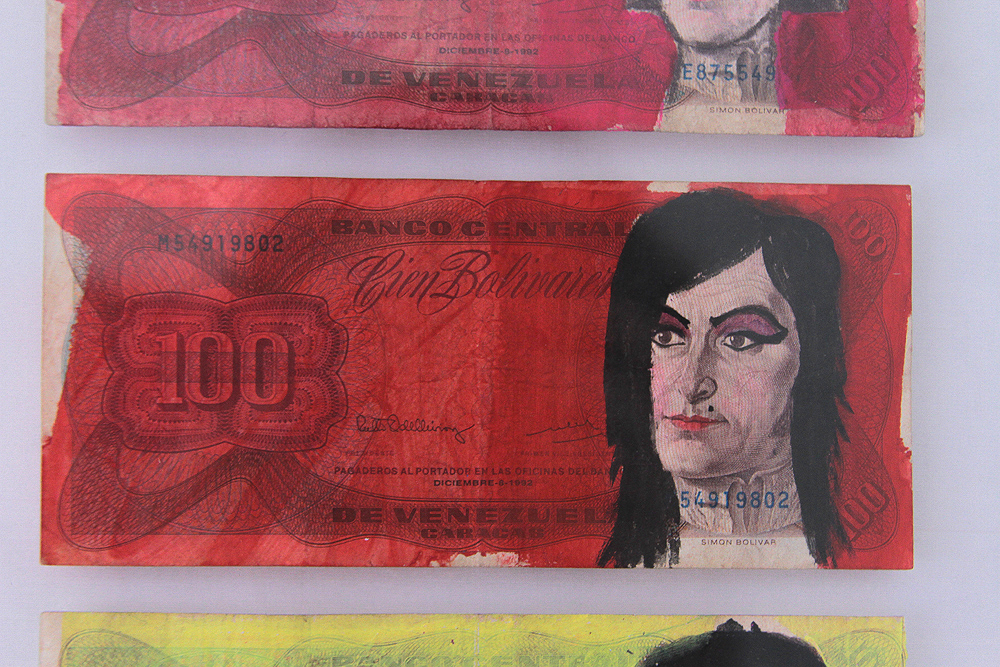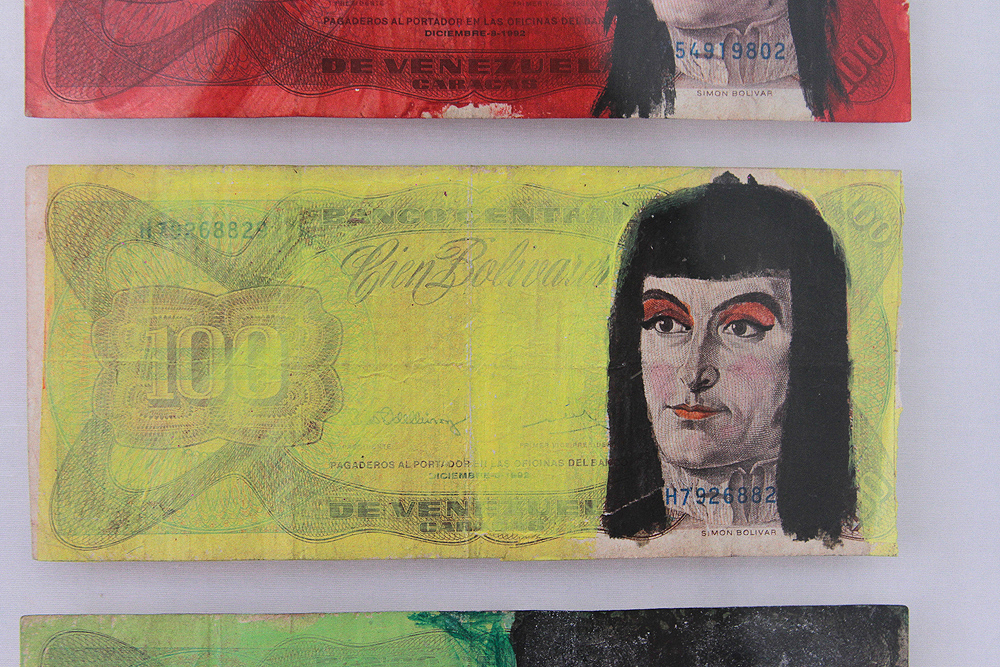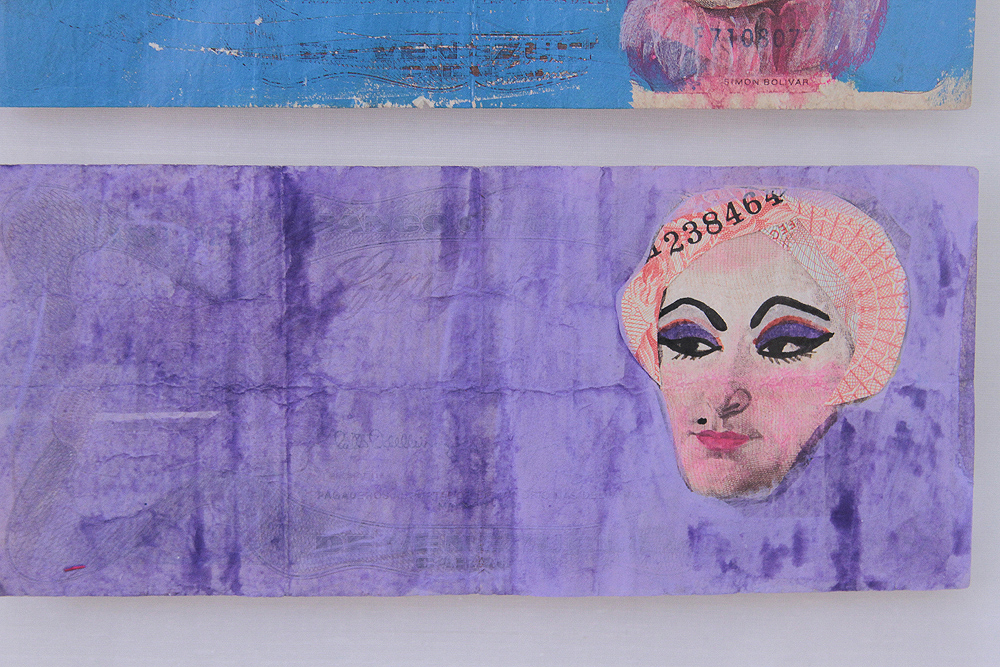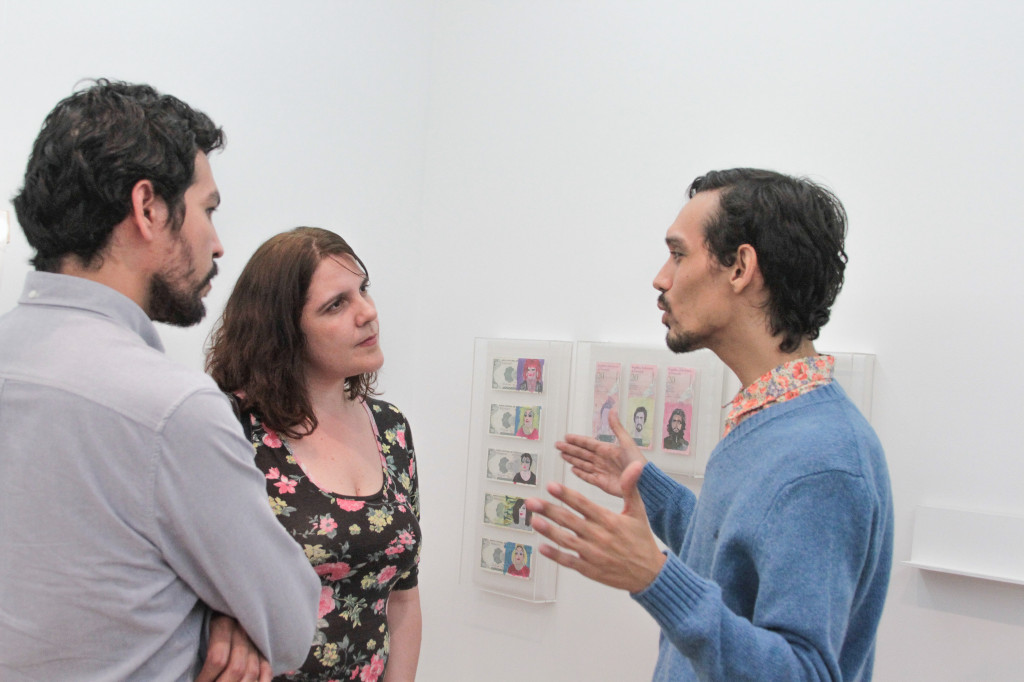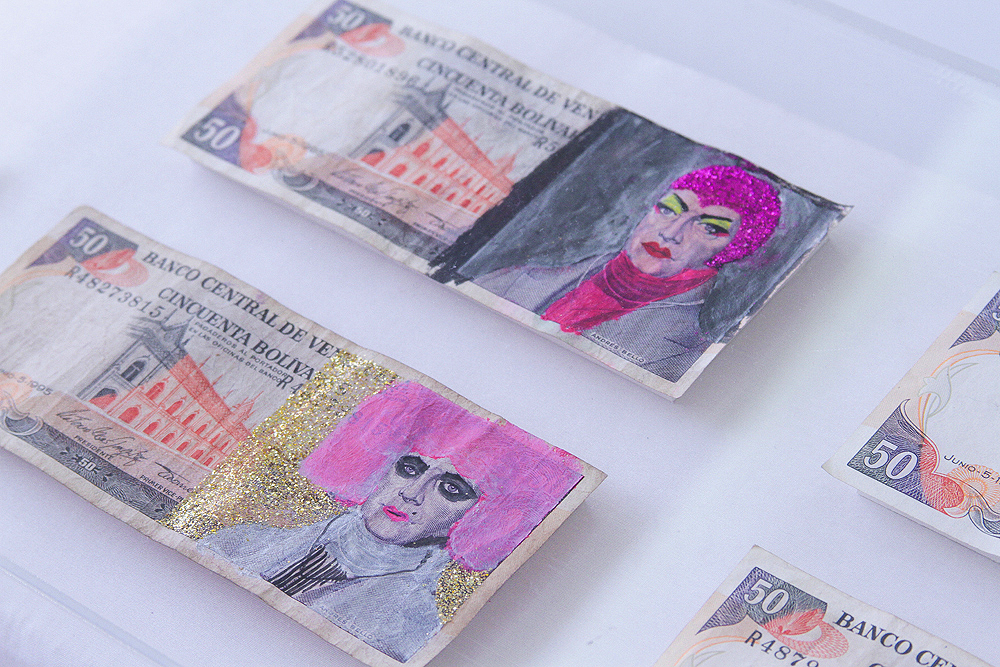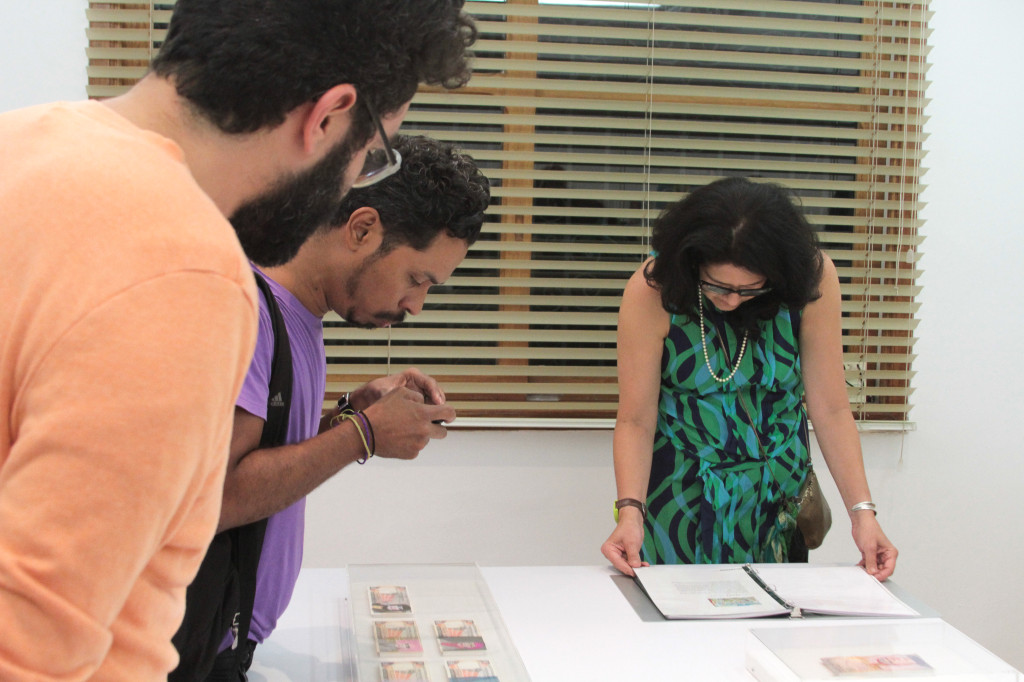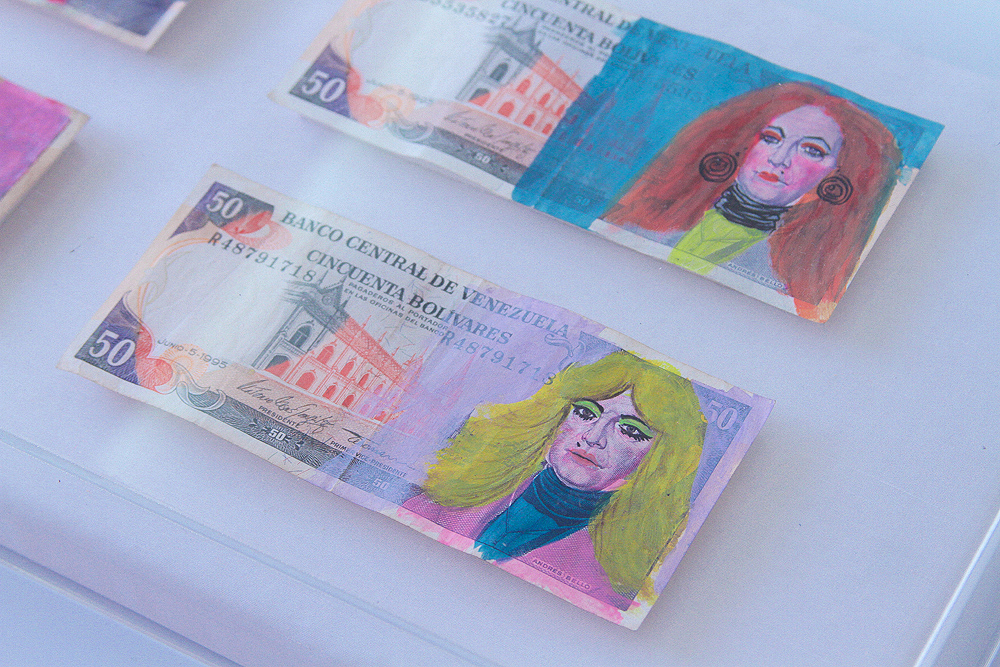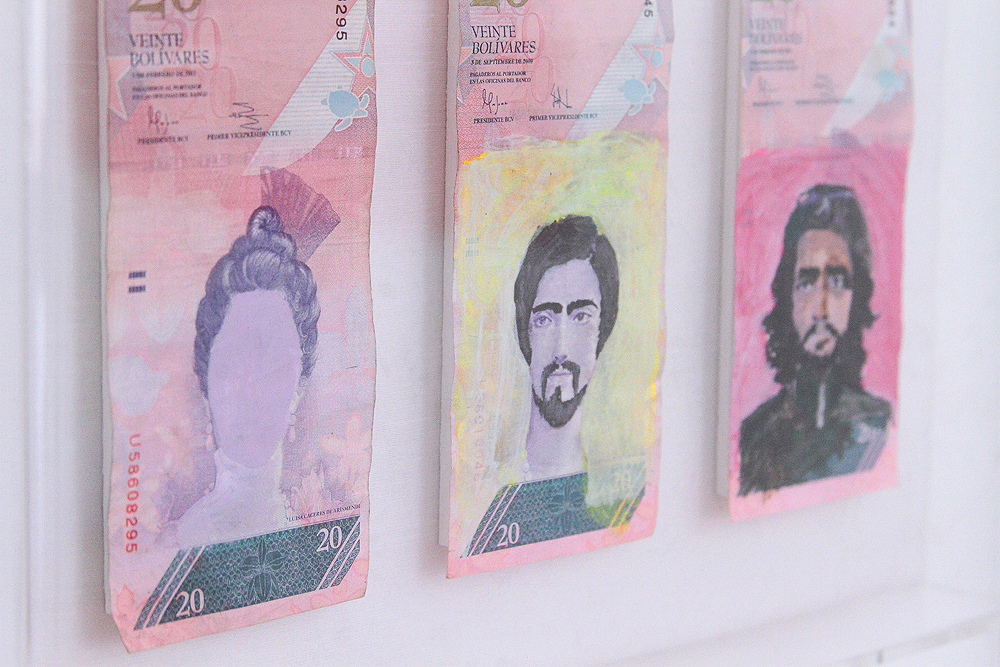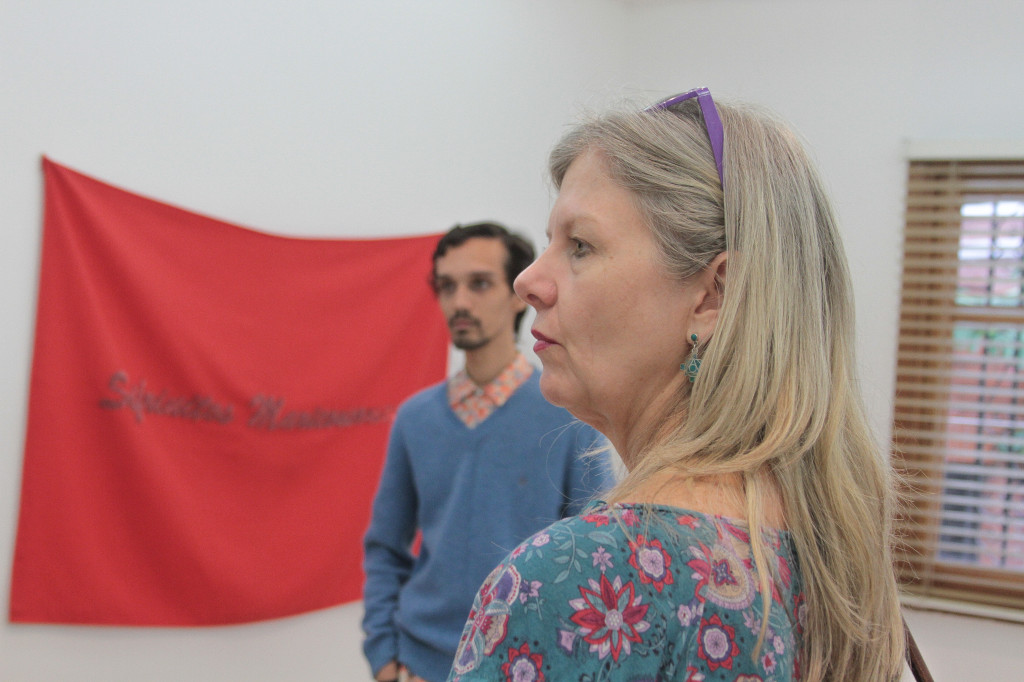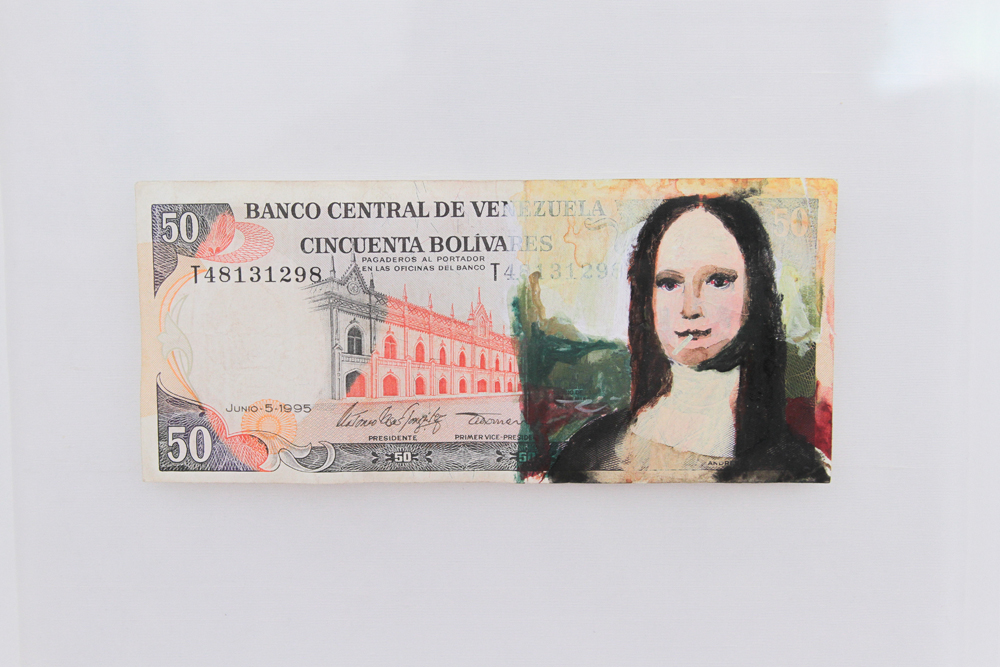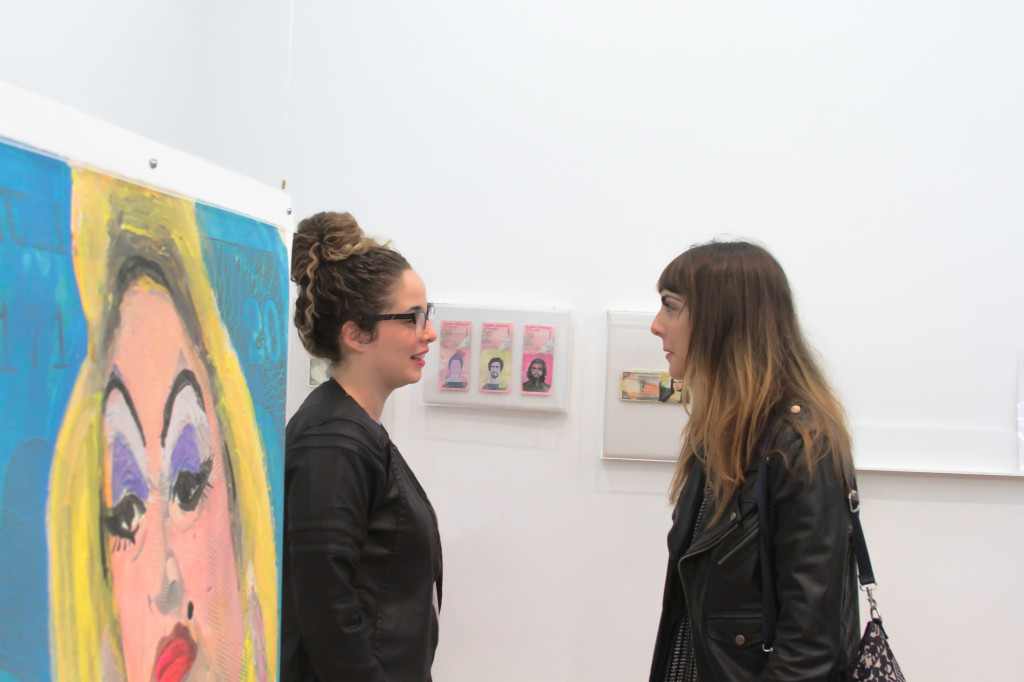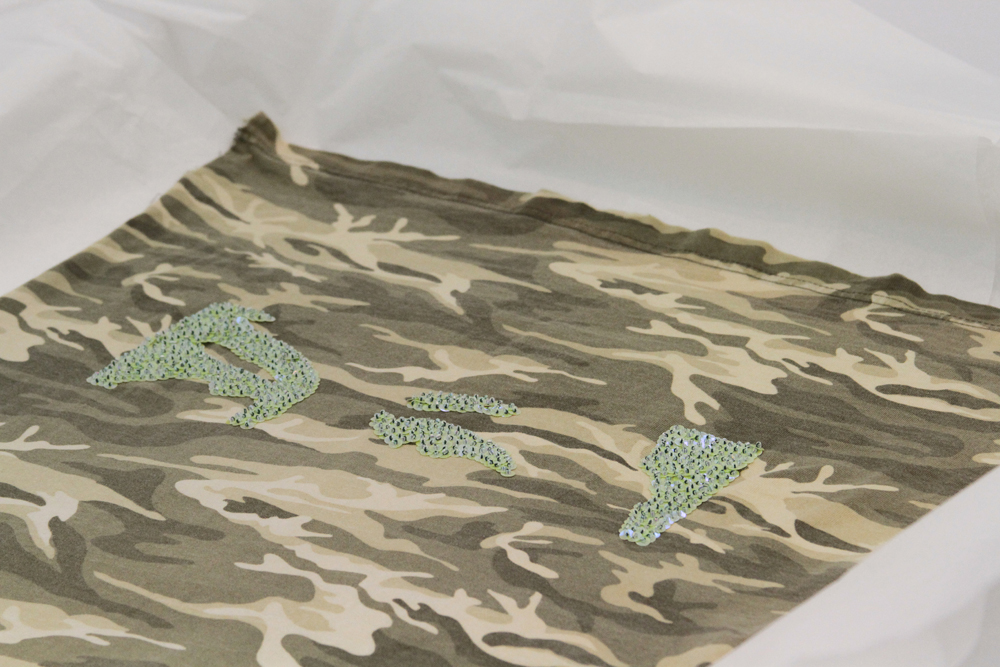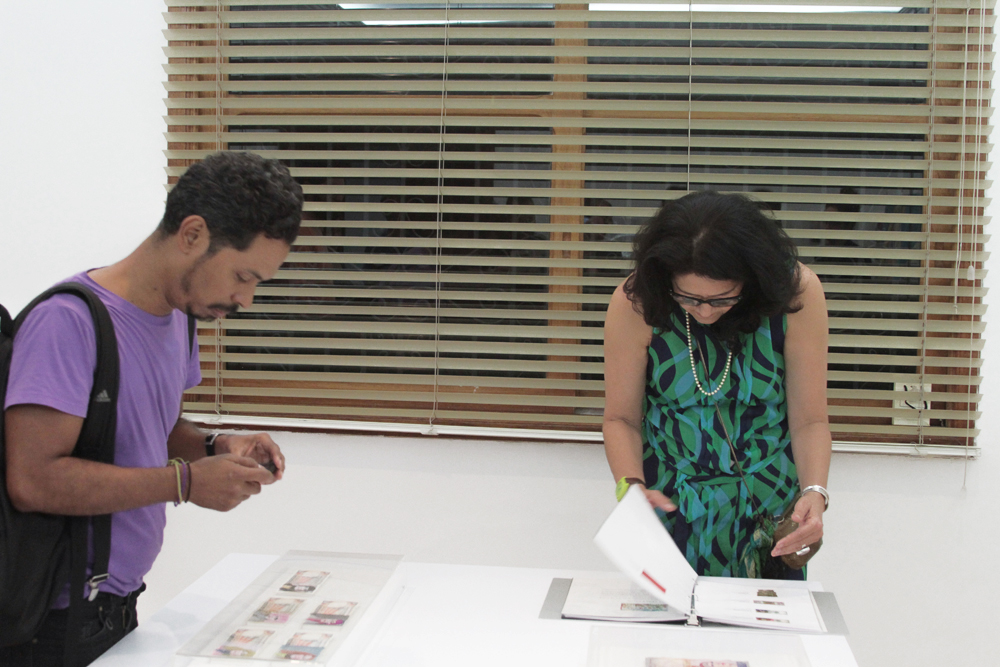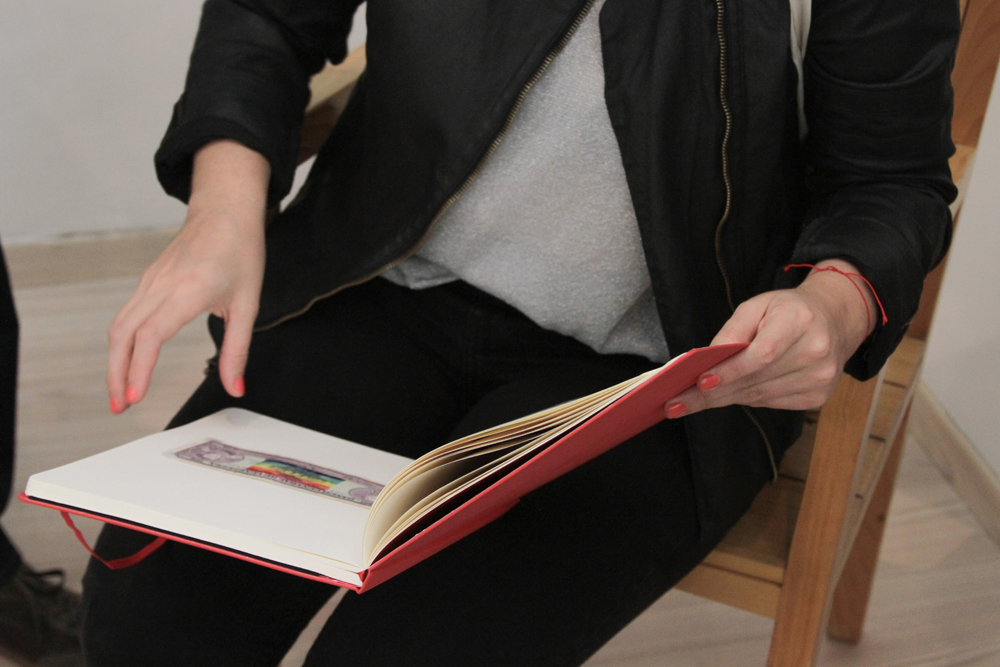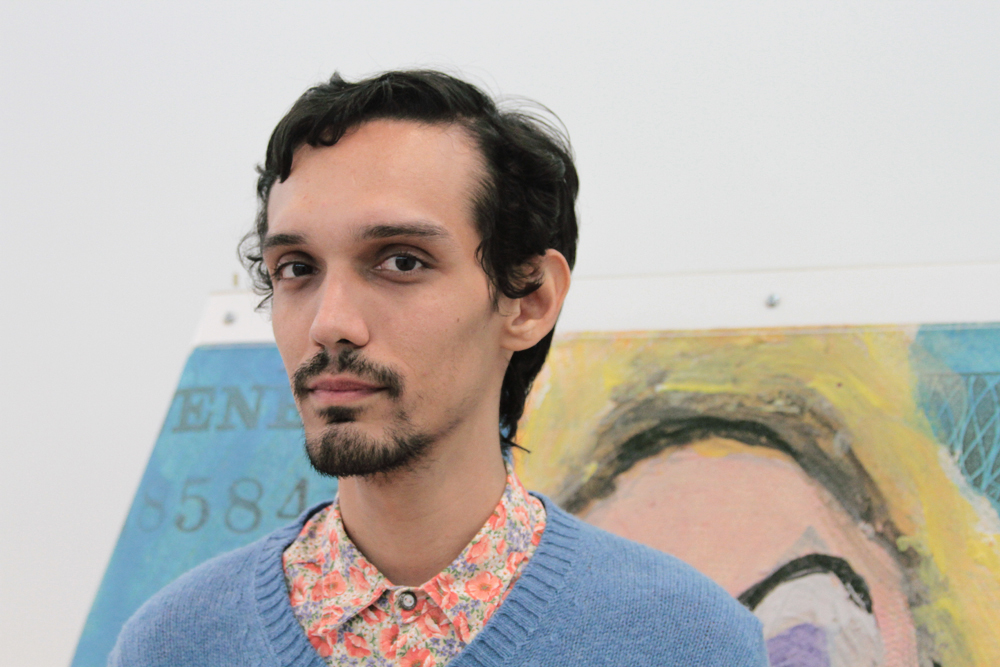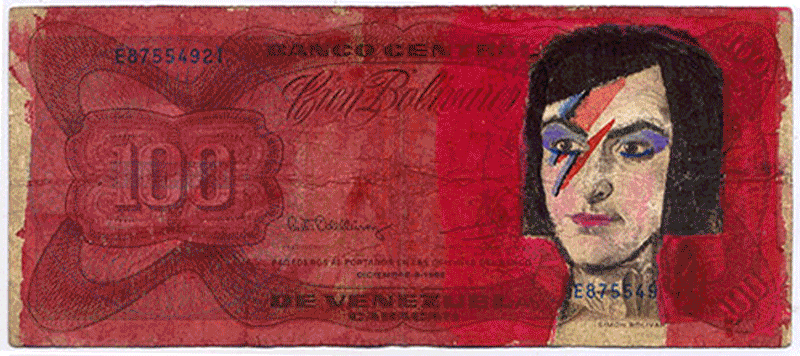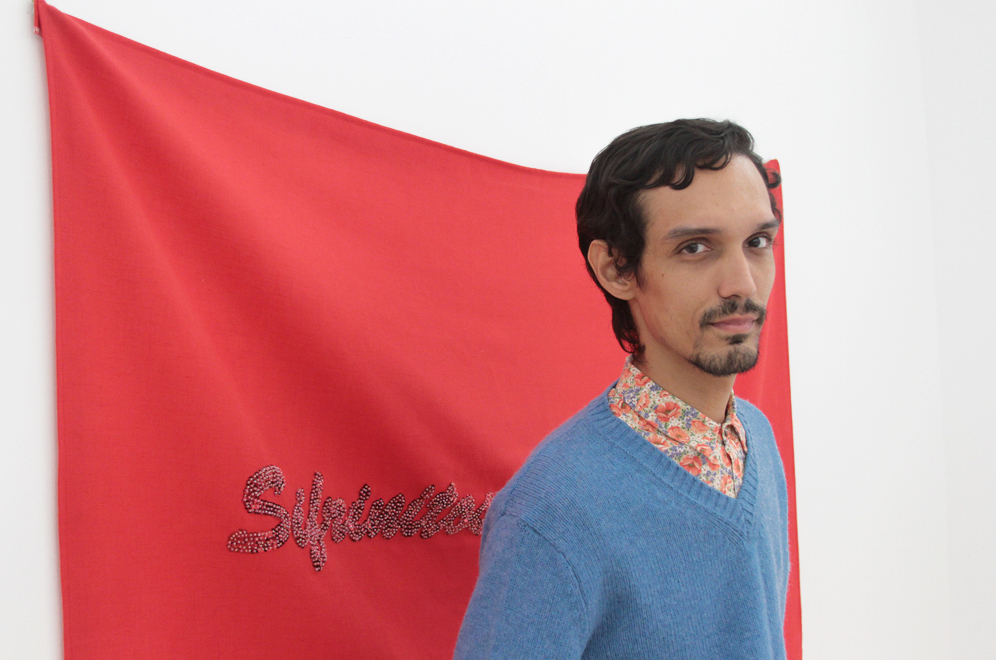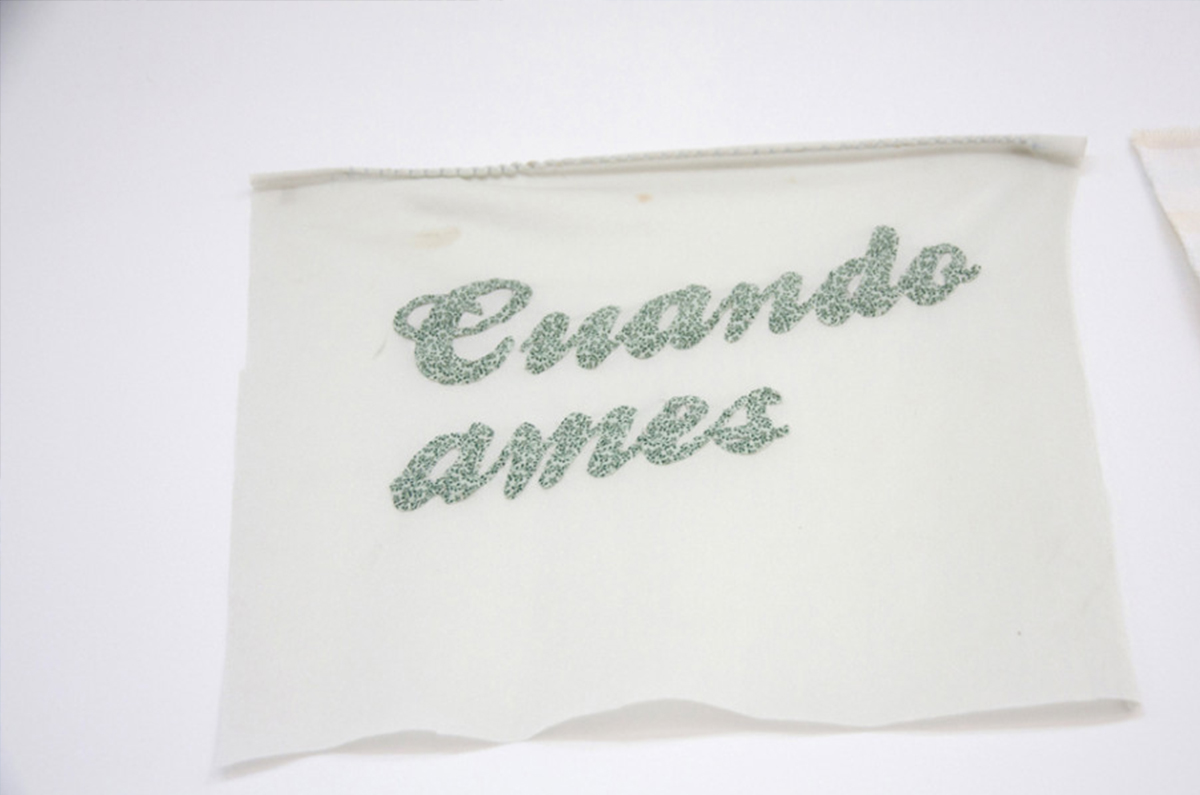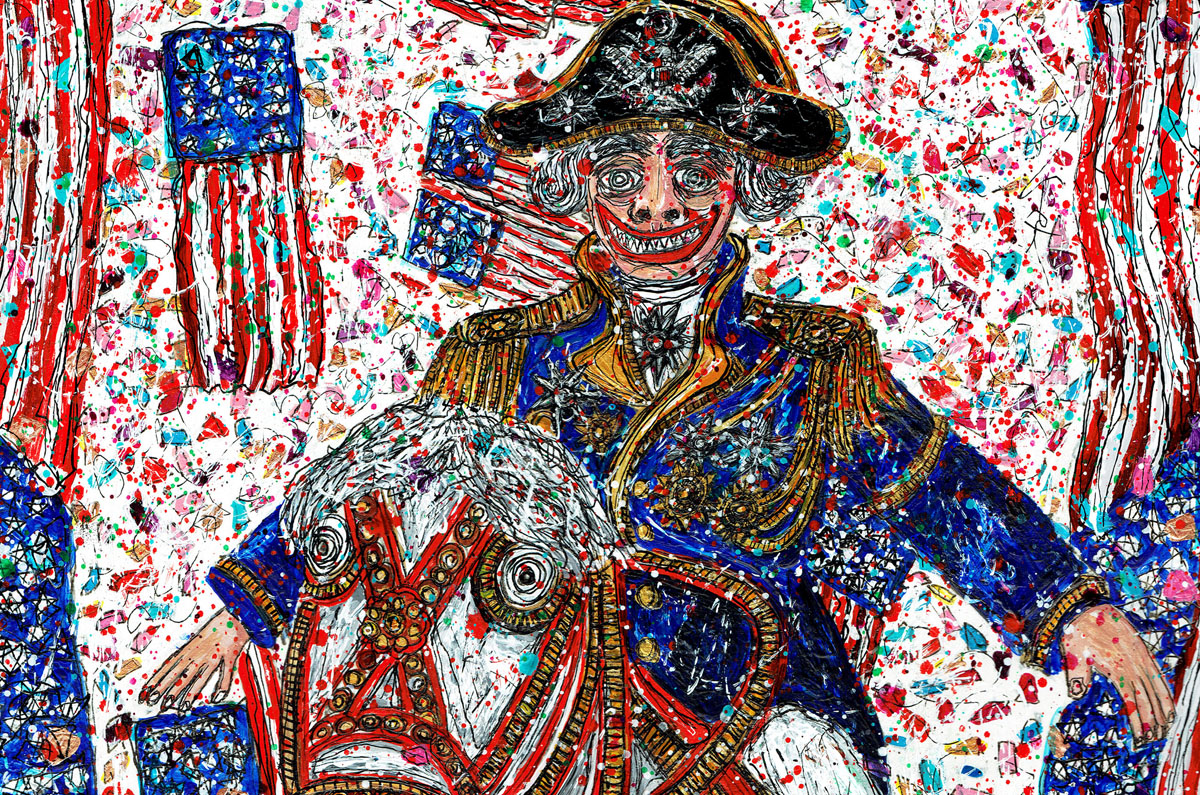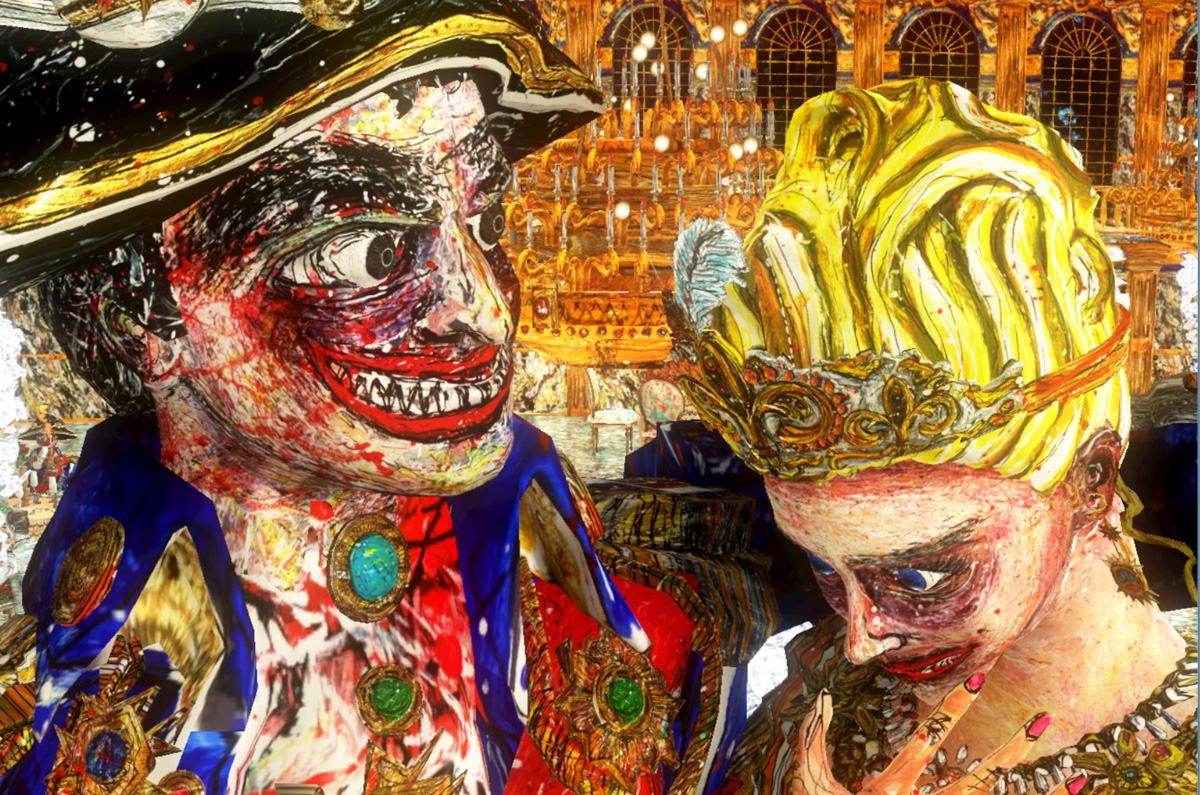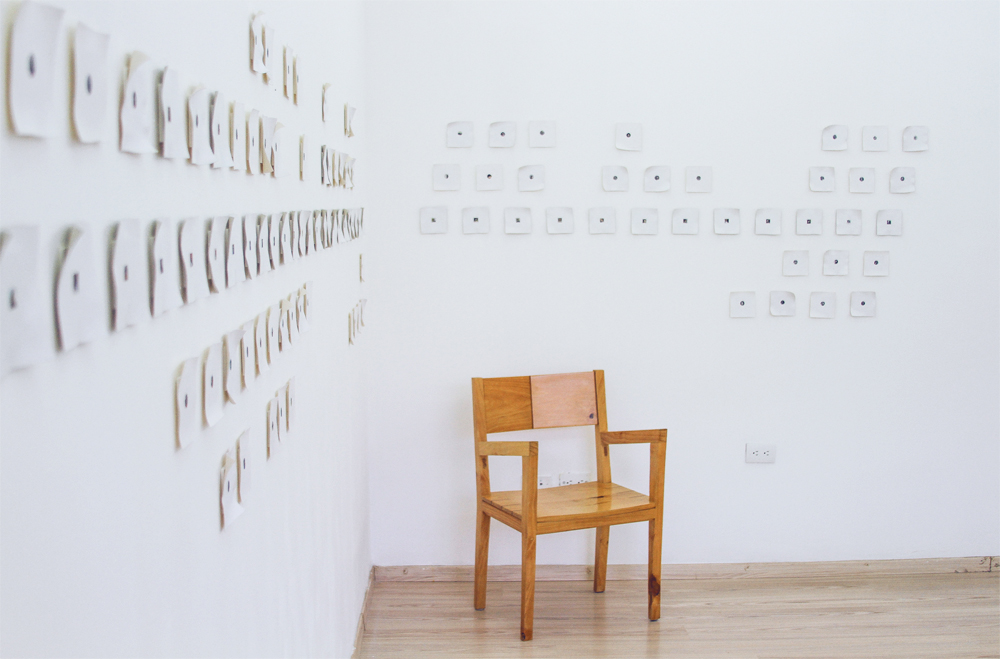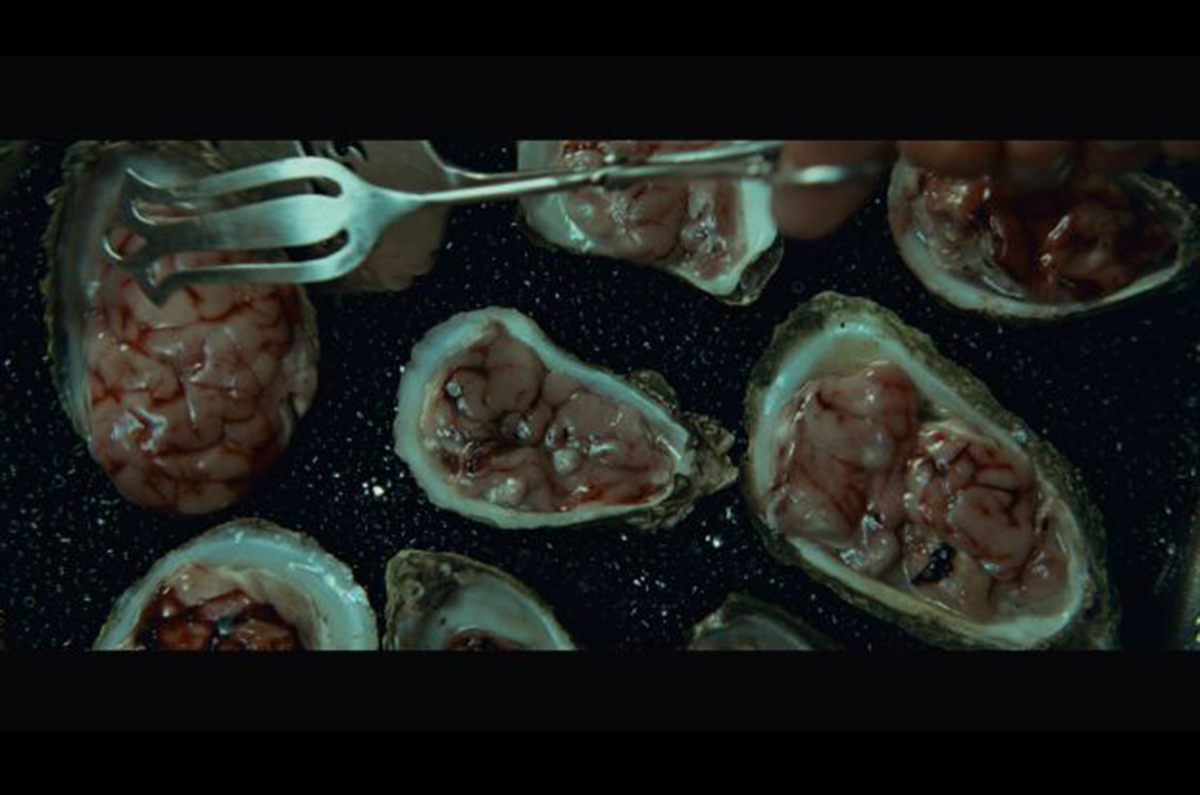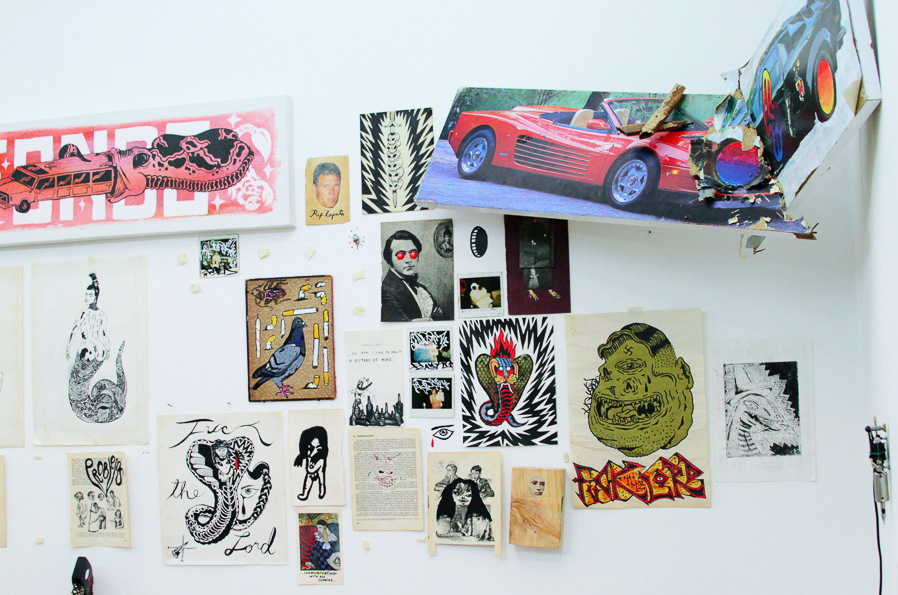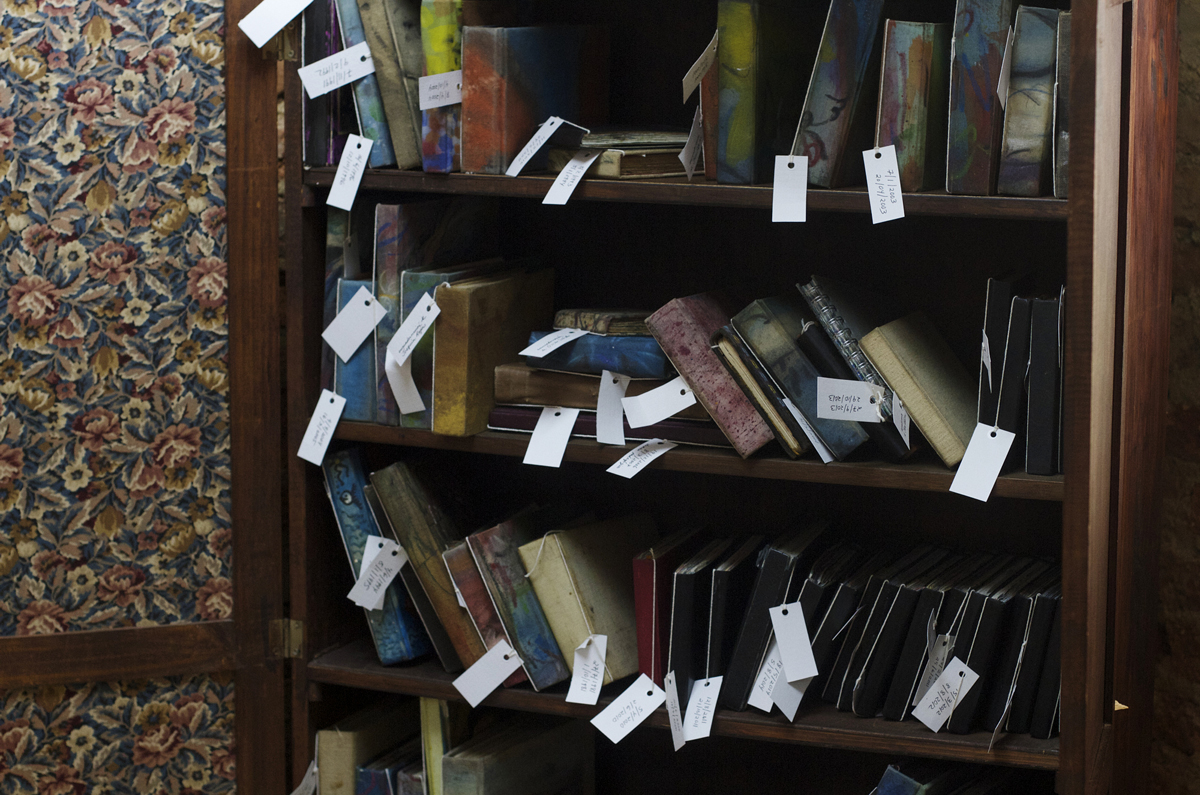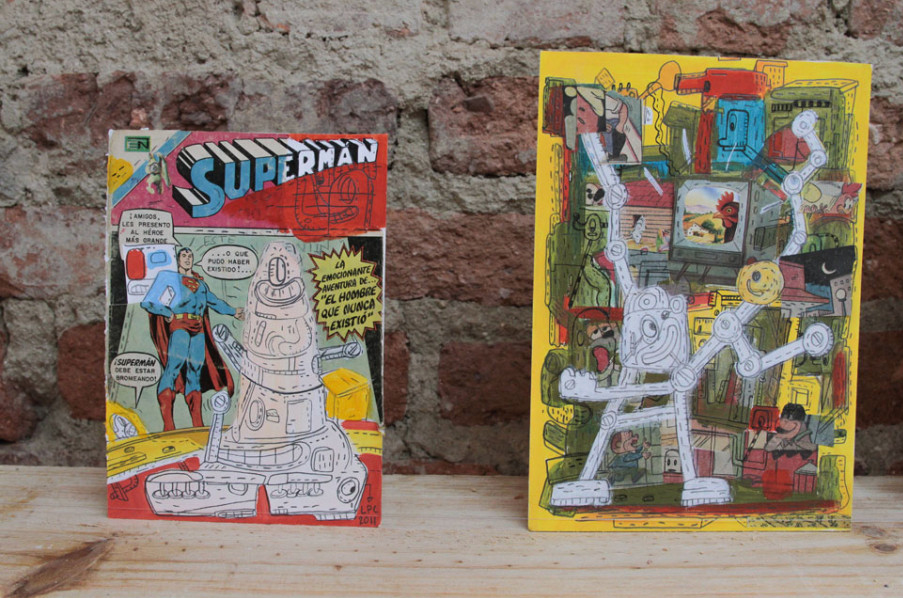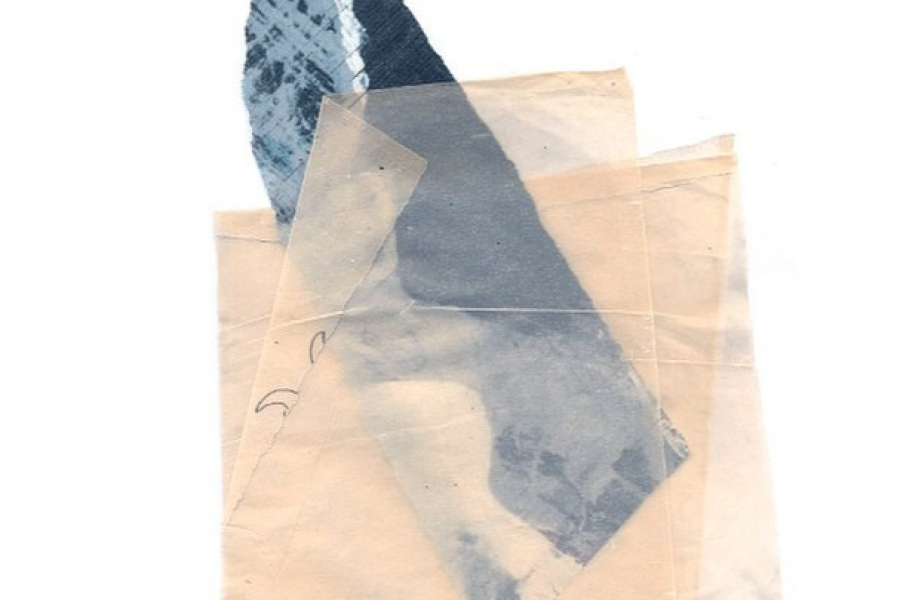IN-SITU-TEXT
By Carmen Alicia Di Pasquale
Won´t there be a faggot in some corner unbalancing the future of your new man?
Will they let us embroider birds on the flags of the free country?
Pedro Lemebel. Manifesto.
Equality (identity) has been the great scam of all time. Let us exercise difference. And once we are sure that we are different, once identities become elaborate and oppressive worlds, let’s put them aside to meet in the human. Let’s become equal there, in that place without possible signs. While this utopia has barely shown its spectrum, there is nothing more human than the fragility that emerges from processes of individuation: of the singling out. You faggot! You dyke! «Sifrinito mariconzón!” [You preppy fag!] as a certain Venezuelan citizen has been called by the tribune of power. Judith Butler expressed it very well when she said: “Life is not identity! … [Though] identity can often be vital in facing a situation of oppression”… But those stridencies of our dislocated national politics are not to be dealt with; it may be more subversive to embroider and paint one’s own motto on a canvas that overlaps identities––national, sexual…–– indicating, almost without the need of a statement, that identities, though arising from relationships with one another, can be transposed. National banknotes with successive gender conversions, paper money that can no longer be reconverted to the new currency, arbitrarily decreed to be «stronger.» Perhaps with this allegory, which embroiders insults and paints the demise of the revolutionary icon or the hero, the political word can also be reconverted––that is, be brought back to its origin, its voice used for consensus and the common good.
This possible allegory appears in my reading (I exercise my difference) of José Perozo’s work, gathered in the intimate space of Backroom Caracas under the title (RE)CONVERTIDOS [(RE)CONVERTED]. José Perozo’s personal and intimate work is devoted to unfolding his own subjectivity, exploring the tasks that have been assigned to him (those that are well-regarded) by the sensitivity meant to be administered among sharp static genres, working just at the folds of ambiguous points of view, transience, fluidity, and dynamics. In this sense, works are increasingly developing in the field that Foucault’s archaeological critique has mapped in the history of normativity––of norm and normality––with his extraordinary work on the production and administration of identities in the nineteenth century by the medical and legal discourses and institutions of detention. José Perozo chooses to issue an exergue—outside himself and the illation of the work in (dis)course—to (re)elaborate the horrors of the anti-political invasion. Self-absorption becomes impossible, or it becomes necessary for him to do something regarding the subject of limits, of respect. The construction of the identity world requires, in the artist’s experience, more than dismantling institutional discourses and protocols, but demanding that they establish themselves. Thus, these works show the exhausting paradoxes of the exercise of Venezuelan anti-politics, which enables (by means of a power without service) a gender insult towards a citizen. The displacement of the discourse of power dislocates all life, including the construction of José Perozo’s difference, the occurrence of gender discourse, increasingly in crisis and increasingly intense in its manifestations.
(RE)CONVERTIDOS also mixes his typographic-textile works with his return to painting. His previous solo show (A/S/L) explored in first person the contemporary management techniques of online gay sexual practices––regulation, contention, and, above all, administering the outside of common experience––. It was, in part, an outlet for the maternal-inherited, intimate, manual techniques of sewing and embroidering. The punctum that builds (RE)CONVERTIDOS arises from a forced political activism, from a collection of bills taken out of circulation that Perozo articulates with the lack of materials in his hometown Maracaibo––in the whole of Venezuela—; from the image of the “Strong” Bolívar; from the dependence of this heroic identity on the construction of hyper-defined genres: the hypertrophied figure that represents us all, both men and women, civilians and militaries, and in which bends and displacements are excluded.
What (RE)CONVERTIDOS punctures and points out are the excesses of power broadcasted on national television, but also those of any street, of any person. It arises from the artist’s own administration of insult, from the stubbornness of political sides and the weariness of the confrontation that impedes daily life––from overstepping into political activism, and from the insistent decision of turning horror and violence towards difference into something more human.
José Rafael Perozo (Maracaibo, 1982) holds a degree in Fine Arts from Universidad del Zulia (2011) and a degree in Graphic Design from the same university (2005). He has received several awards and recognitions as an artist: First Prize at the 5th Salón de Jóvenes Artistas (Museo de Arte Contemporáneo del Zulia, 2010), Teodoro Zubillaga Award at the 19th Salón de Artes Visuales Héctor Rojas Meza (Ateneo de Cabudare, Lara, 2009), Honorable Mention in the category of Drawing in the 2nd Encuentro de Artistas Plásticos con el Puente y su Lago (Sala Francisco Hung, Complejo Cultural Conoce tu puente, Maracaibo, 2003). He has participated in some 40 group exhibitions and the solo exhibitions: A / S / L (Espacio Al Borde, Maracaibo, 2013), Sólo te diré que siento como acabó todo (Centro de Artes Lía Bermúdez, Maracaibo, 2010), Con tinta sangre del corazón (Rosablanco, Maracaibo, 2008), and El jardín imaginario (Capirugente, Maracaibo, 2006).
(RE)CONVERTIDOS is his first solo show in Caracas.
THIS MIGHT INTEREST YOU
Interview with José Perozo in the context of his solo show (RE)CONVERTIDOS [in Spanish].
Anatomy of a Scene: Cybersex (CyberLove), by José Perozo.
Devenires sexuales minoritarios en tiempos de totalitarismo [Minority sexual becomings in times of totalitarianism]: a talk by poet Alejandro Castro in the context of (RE)CONVERTIDOS [in Spanish].






